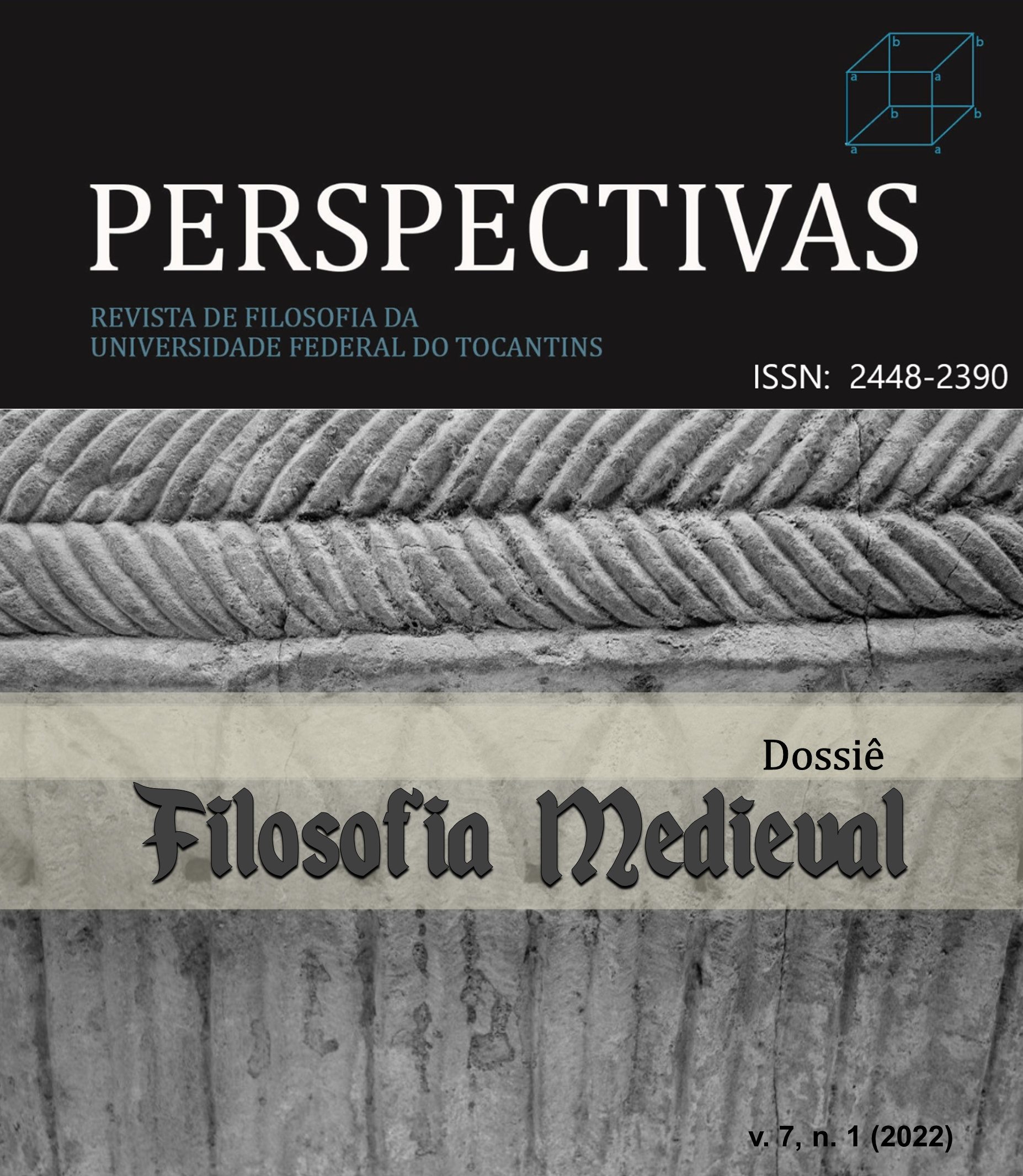Note on the Apophasis in Dionysius the Areopagite
DOI:
https://doi.org/10.20873/rpv7n1-35Abstract
This paper wants to demonstrate that the Dionysian resumption of Neoplatonic henology occurs with changes due to the influence of Christian theology on Neoplatonism. The most important of these is the revaluation of the positive discourse on divinity, made possible by the negation by transcendence that allows us to affirm that God is, taking into account the fact that the divine Being, because of its transcendence is beyond our knowledge. The first issue of the problematic of negation in a Christian Neoplatonic regime is not so much to break with the Aristotelian definition of negation as to break with the supposed primacy of affirmation and show that it has no ontological foundation when it comes to the One. But also and above all, in Dionysian theology, we find a rehabilitation of the positivity of the divine attributes revealed in Scripture, opening the thought of the superessential nothingness to non-opposition. We will see that the introduction of the concept of revelation is of capital importance, for, henceforth in Christianity, if it is necessary to preserve secrecy, obscurity, and it is also necessary to reconcile with revelation, in short, it is necessary in order to maintain transcendence, not to neglect immanence. This gesture of the Areopagite proved to be of great fertility in the Middle Ages.
Downloads
Published
How to Cite
Issue
Section
License
The Magazine is under the Creative Commons Attribution 4.0 International Public License (CC BY 4.0), according to which:
1) The authors retain the copyright and grant the journal the right of first publication, with the work simultaneously licensed under the Creative Commons Attribution which allows the sharing of articles published with the recognition of authorship and initial publication in this journal.
2) Authors are authorized to enter into additional contracts separately for distribution of the version of the work published in this journal, as long as there is recognition of authorship and initial publication in Perspectivas.
3) Authors are authorized and encouraged to disseminate published texts with proper references to the journal and its authors.





















